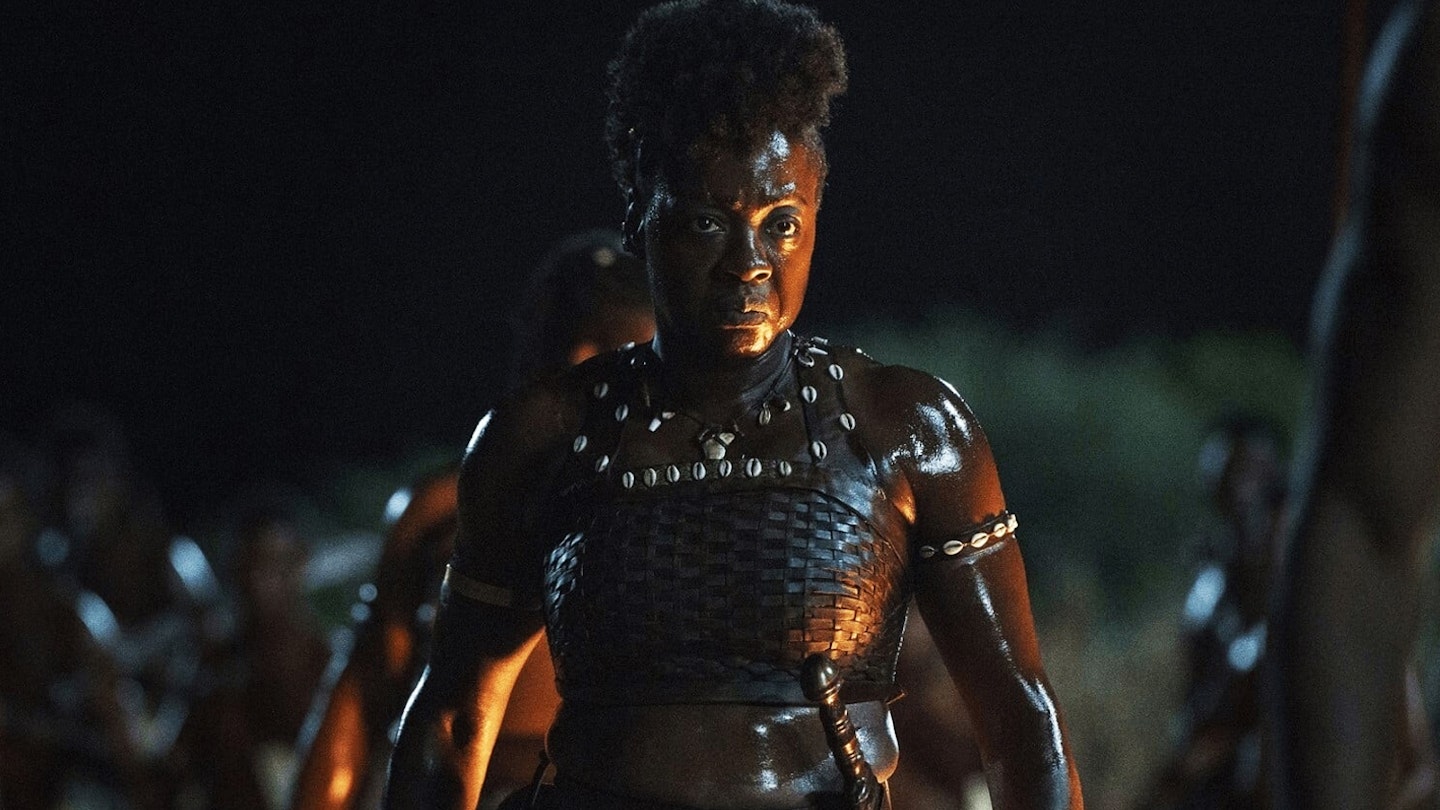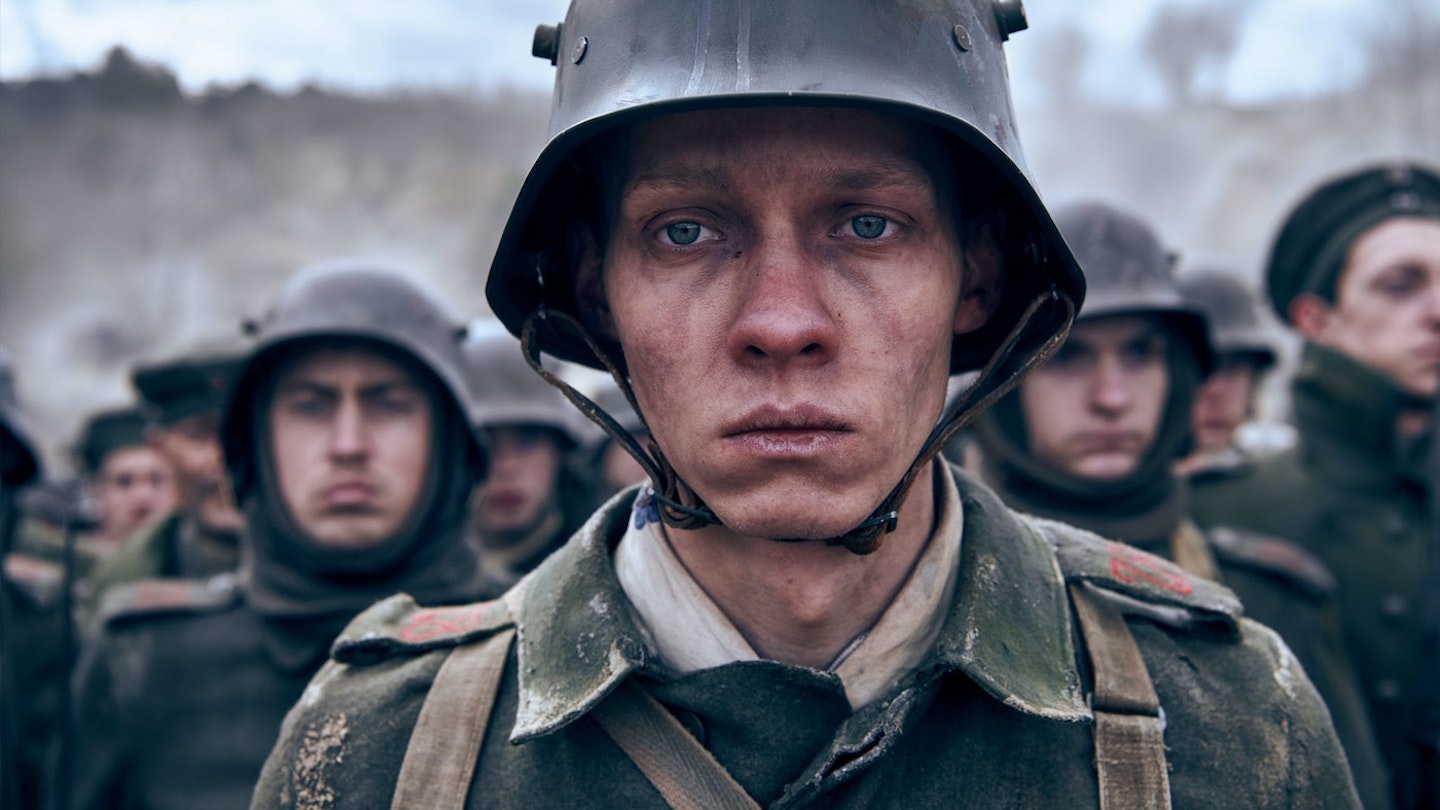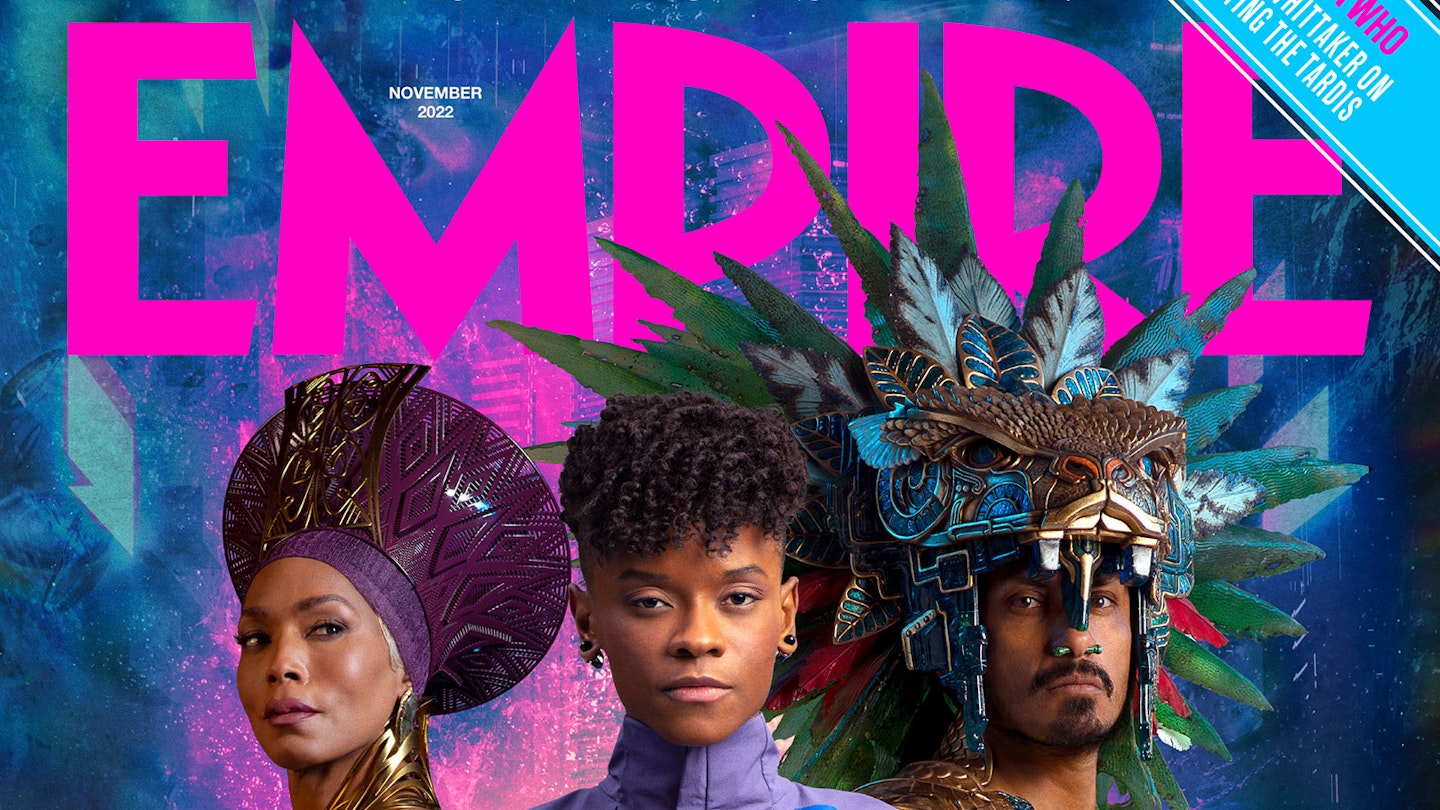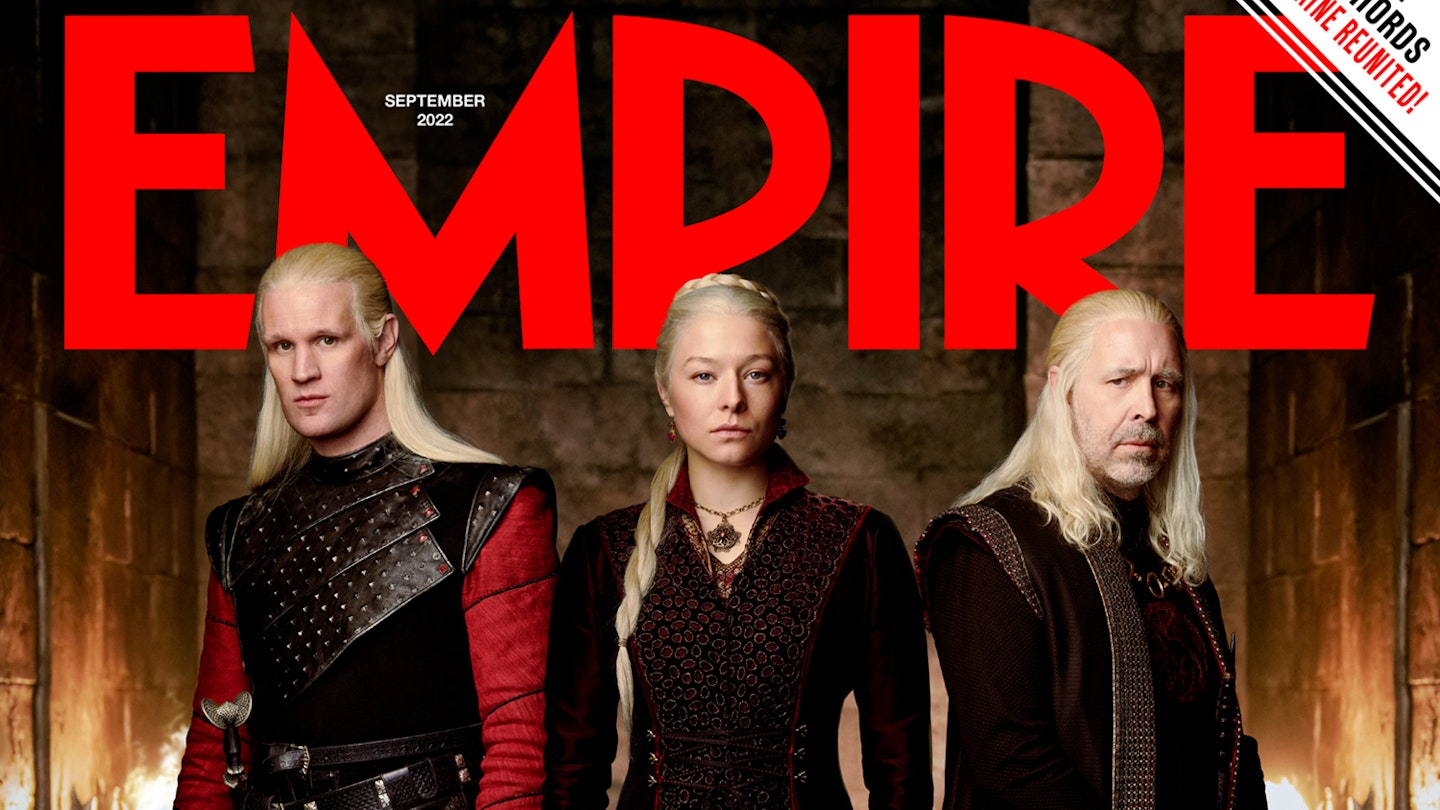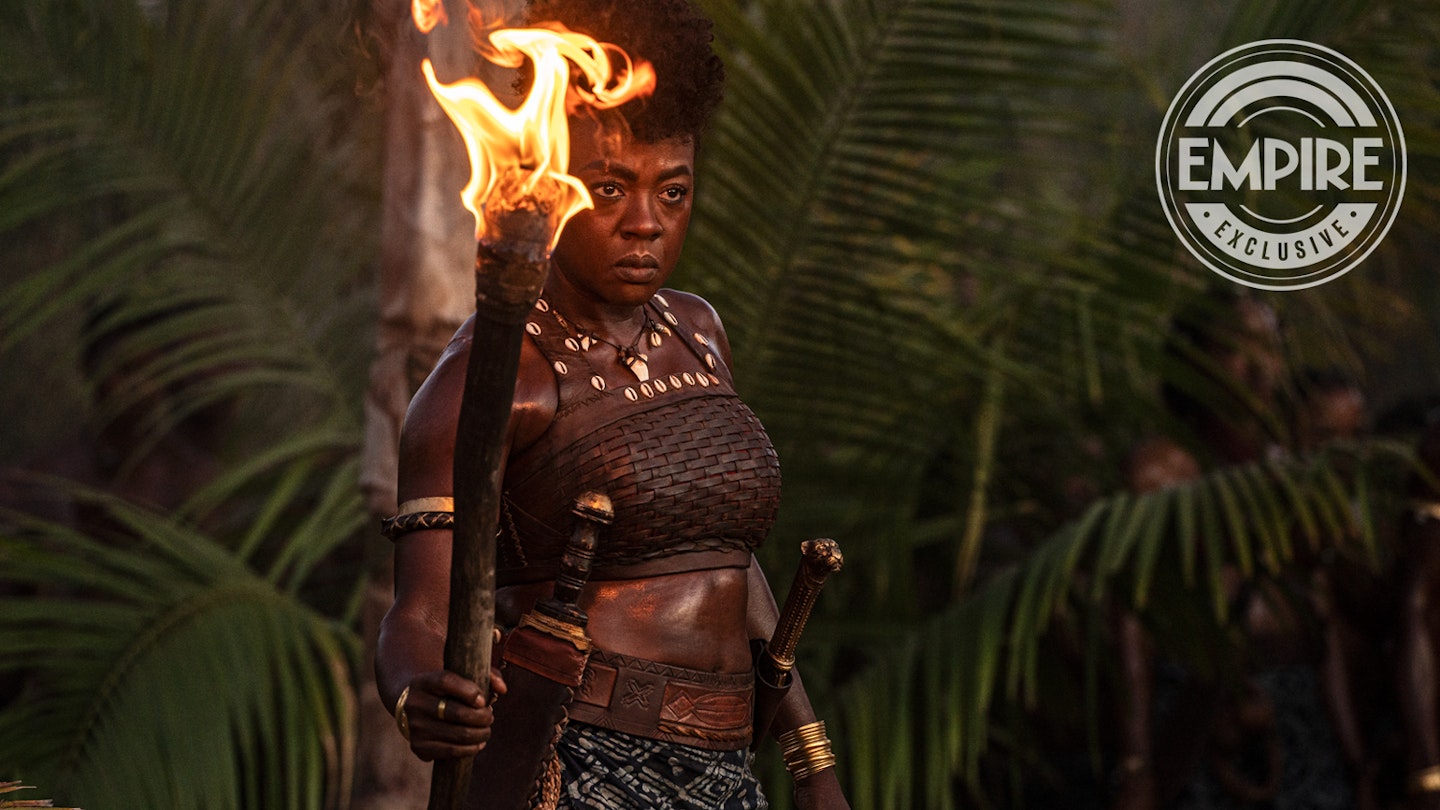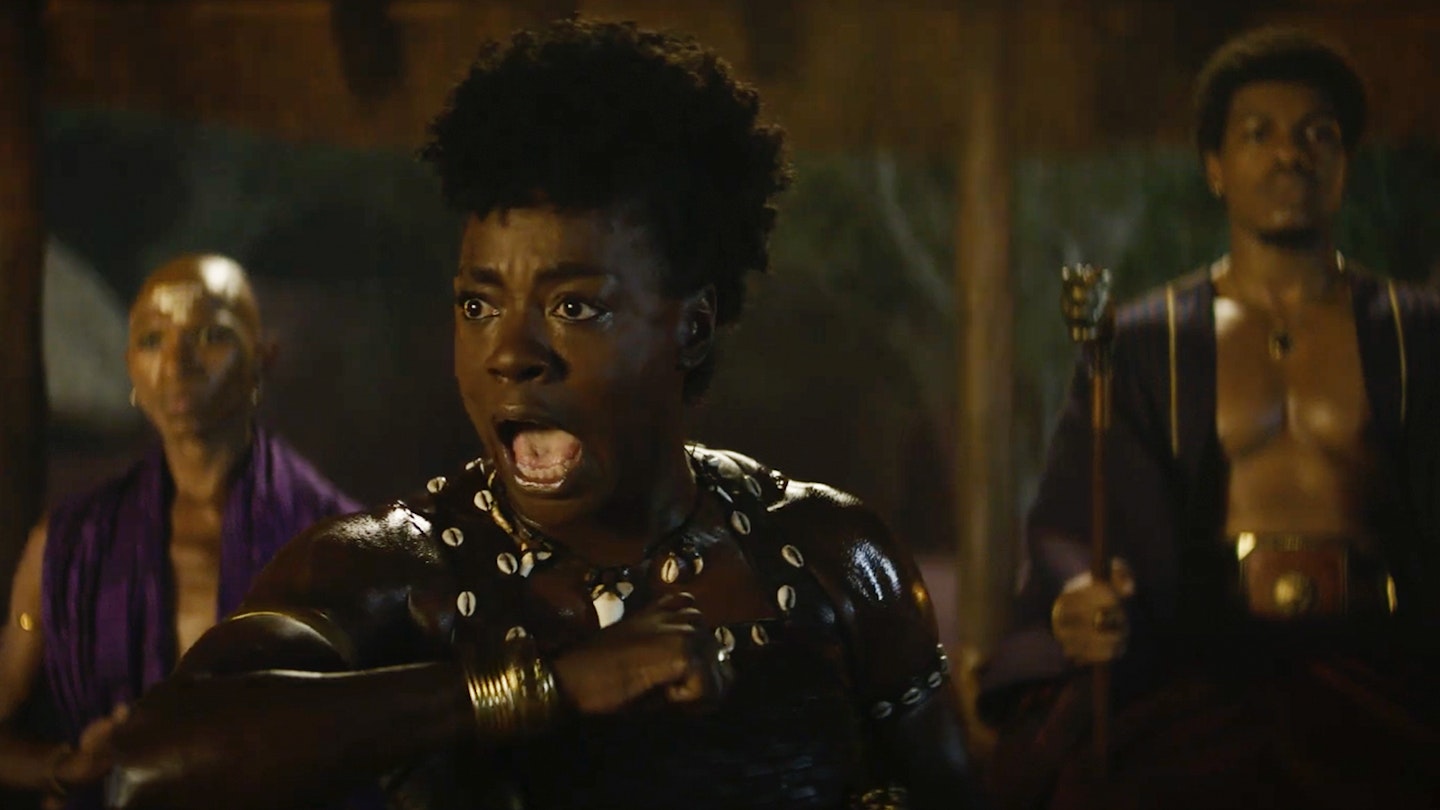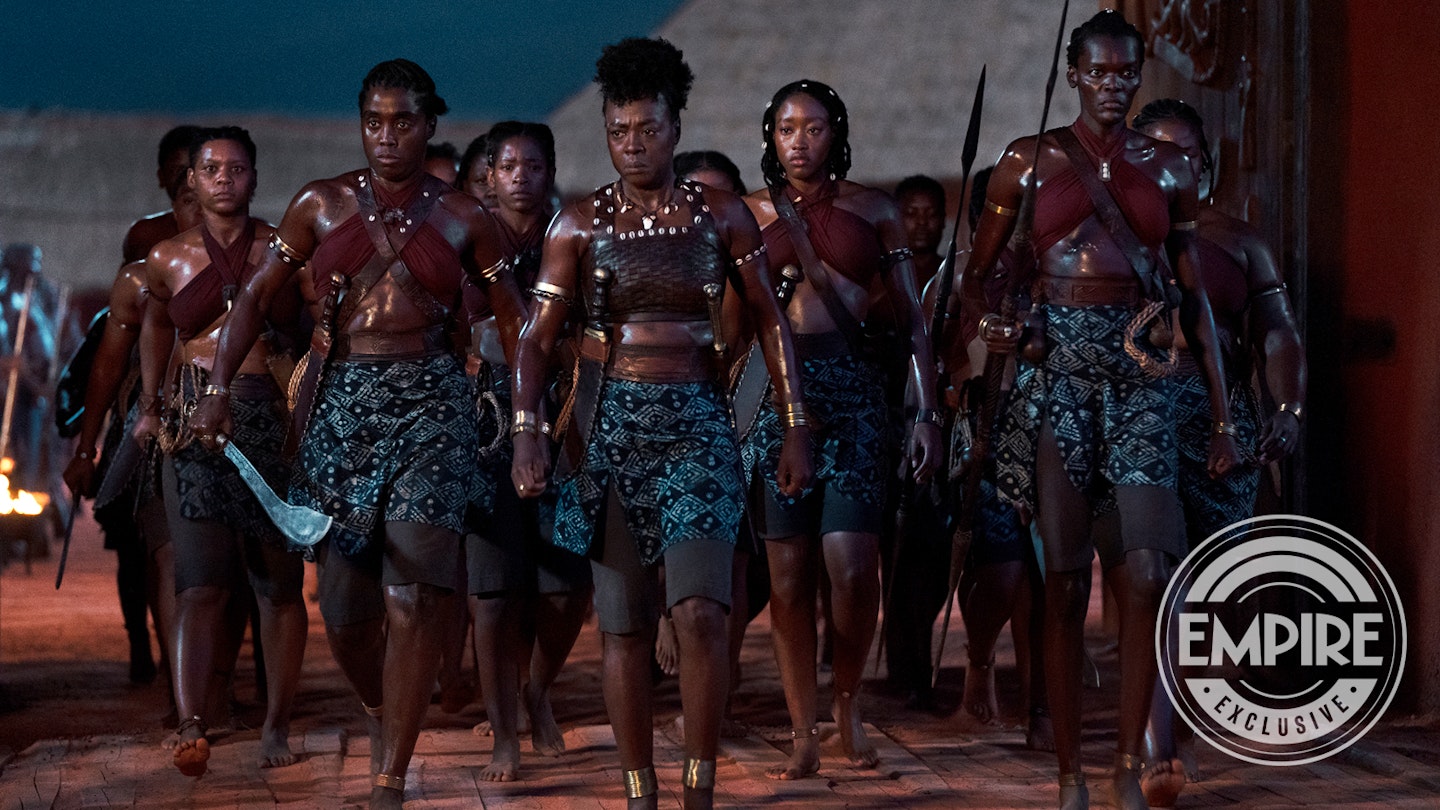“All I ever knew of Africans was slaves,” says Malik (Jordan Bolger) in one scene in The Woman King. He is a Portuguese-African man, and son of a woman stolen from her country; during a quiet moment pondering the mass displacement of slavery, he’s in Dahomey (modern-day Benin) to see the one place his mother was free, a connection to roots that many were never able to make. Gina Prince-Bythewood’s fifth film seeks the same Africa: the multifaceted one hidden behind decades of stories that represent it only as a traumatised continent, rather than one with its own complications and kingdoms. The American director presents the kingdom of Dahomey as a splendour of colour, especially in the opulence of the king’s court. But in finding this African decadence, it’s never forgotten that imperialist wealth comes at a moral cost, one that the film spends its running time figuring out. It wrestles with its admiration of an affluent kingdom and a female-led warrior class — as well as the uglier realities of how that wealth is earned.
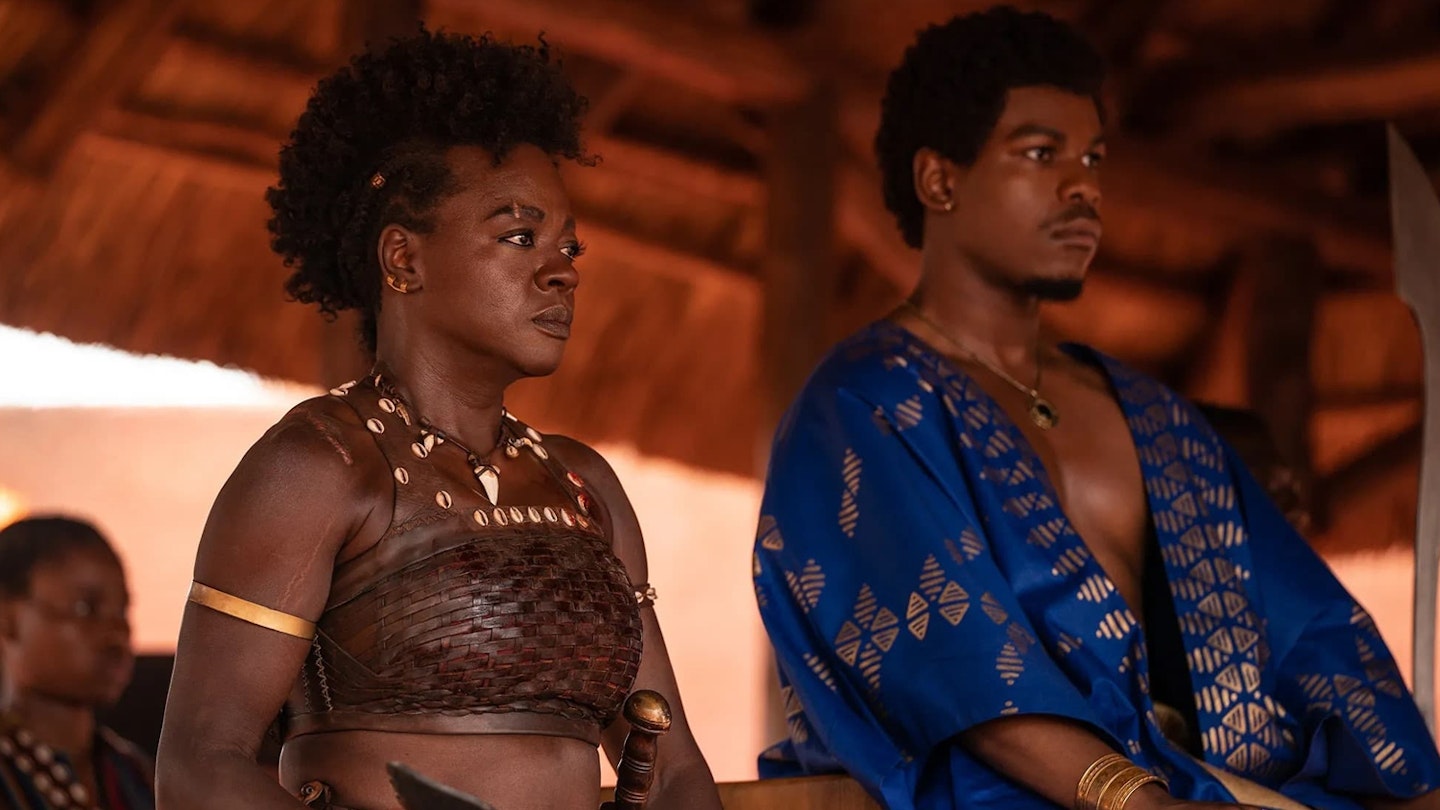
Prince-Bythewood invokes historical epics like Braveheart and The Last Of The Mohicans in her depiction of Dahomey’s all-woman kingsguard, the Agojie, also known as the Dahomey Amazons — or, as per a Portuguese slaver, “the bloodiest bitches in Africa” — and their fight against the larger Oyo Empire of Yoruba. The romanticism of those films is echoed by Prince-Bythewood, still interested in intimacy even as the scale of her storytelling expands. Her last film, The Old Guard, unspooled a romance over millennia; The Woman King finds its love stories — platonic, familial and romantic — drawn across ethnic and national fault-lines.
The choreography is thrillingly brawny, set-pieces mounted with lean ferocity.
Those stories act as counterweights to some surprisingly brutal action. The choreography is thrillingly brawny and efficient, set-pieces mounted with lean ferocity. The Woman King doesn’t reserve spectacle only for fights, either, depicting the community’s ceremonial songs and dances with thrilling verve. The film craft here is gorgeous, the make-up and costume design lush and detailed; they draw focus to the physiques of the warrior women, the sight of their shoulders and backs celebrating martial prowess as much as beauty.
The movie has a lot on its mind. There are lyrical sequences involving music and movement. There are also moments in which European slavers are being beaten to death with their own chains. To its credit, it largely holds off presenting Dahomey uncritically as the one good empire. Structural imbalance and patriarchy are still prevalent within the kingdom’s walls. Dana Stevens’ screenplay wrestles with the kingdom’s complicity in the selling of slaves to Europe and America, which they trade for wealth, luxuries, weapons and military power. That carries through into some satisfyingly revisionist wish-fulfilment, where King Ghezo (John Boyega) and his Agojie realise the evil of slavery, and combat it and colonialist manipulation in search of Pan-African unity. The Oyo come to represent the opposite: the evil of collaborating with the slave trade, the myopic route to power that Dahomey has a responsibility to fight.
There are a few missteps. The script follows some predictable trajectories for its characters and slows in the middle, before rushing into its final act. Terence Blanchard’s score, too, threatens to undermine the quieter moments with overwrought schmaltz (a shame, given the composer’s usual handle on drama).
Thankfully, such moments are held together by emotional authenticity from the cast. As the steely-eyed leader Nanisca, Viola Davis convincingly demonstrates the power to silence a room with a withering glance. (Would you expect anything less?) But the film's revelation is how her simmering performance gradually offers reminders of a stolen youth, her tragedy revealed through restraint rather than melodramatic showiness. Sheila Atim and Thuso Mbedu, meanwhile — both standouts in Barry Jenkins’ The Underground Railroad adaptation — give the material gravitas, even as it steps to more melodramatic narrative beats. As she was in that series, Mbedu (a co-lead with Davis here) is simply magnetic, while Atim feels like the most natural presence, fully lived-in but memorable even at the film’s margins. Lashana Lynch is also a delight to watch, incredibly funny and mischievous, brimming with earned confidence. And Boyega is just as riveting as King Ghezo, a compelling mixture of youthful indecision and royal authority. Each actor is given the space to develop a rich sense of interiority.
These impressive performances certainly help to smooth over any cracks; when this cast springs into battle, with such physicality and sheer charisma, The Woman King hits with an impact that’s hard to resist.
